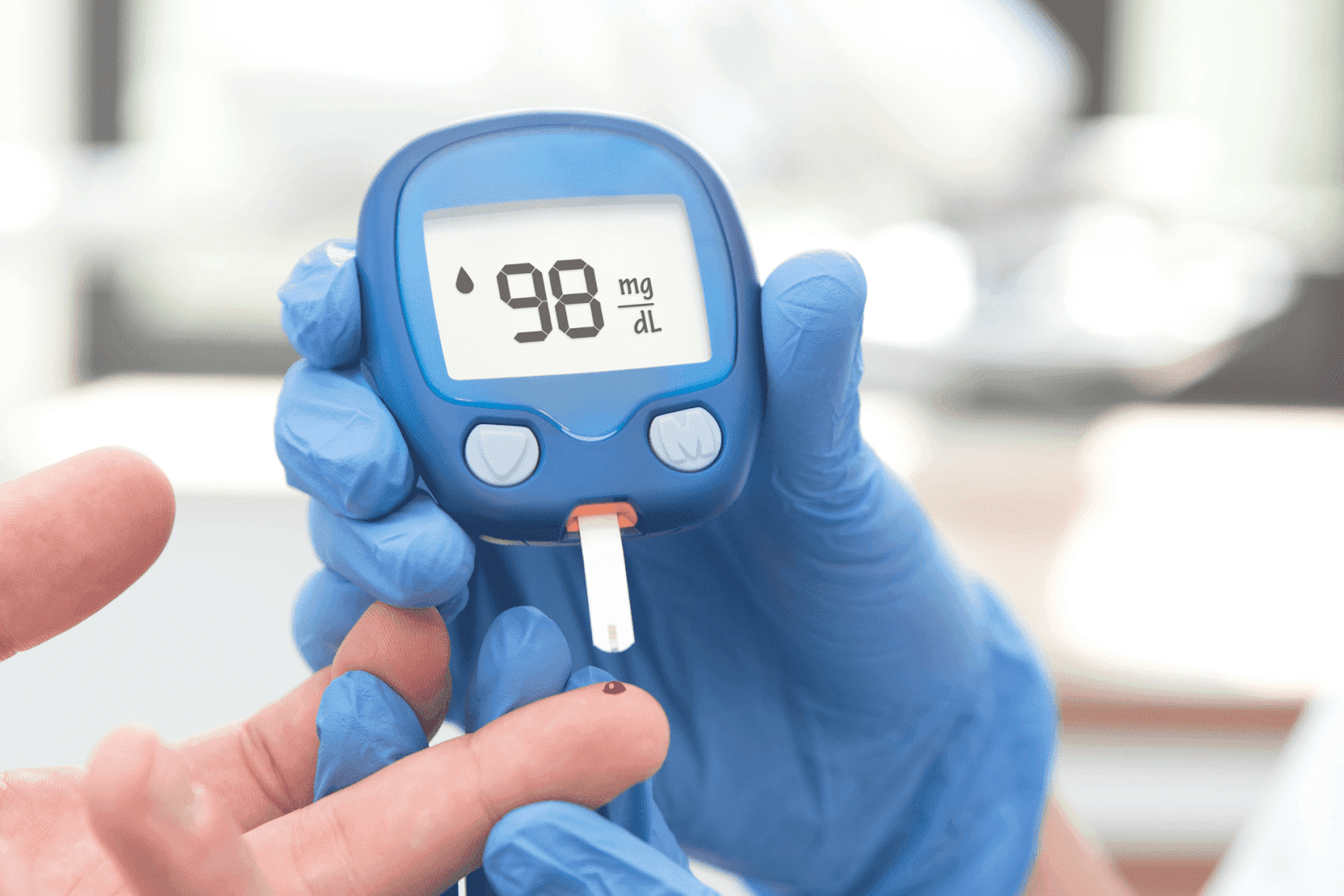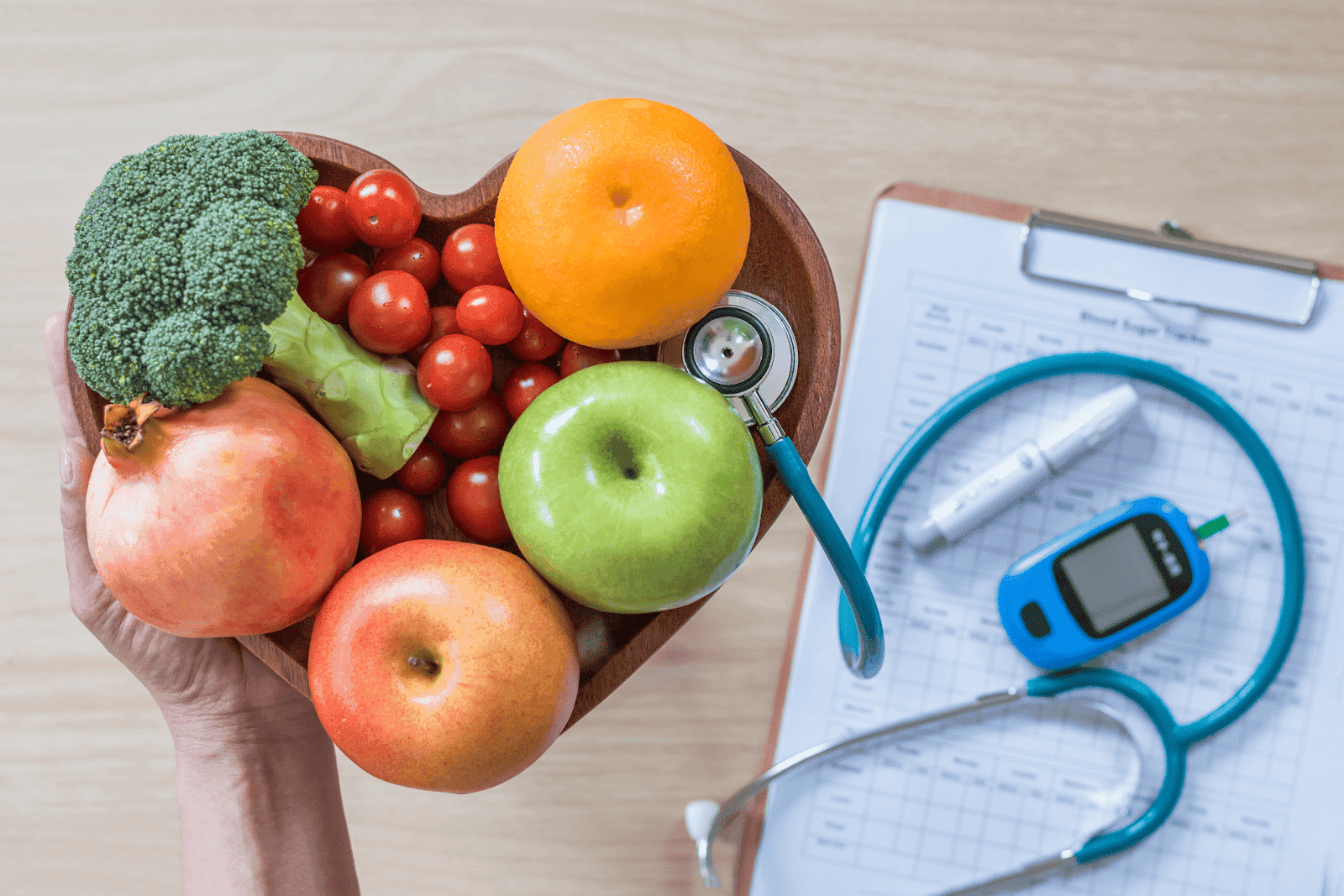Standing Desks for Back Pain: Pros and Cons
The Relationship Between Sedentary Work and Spinal HealthYour spine was not designed for eight hours of sitting. The human body evolved for movement, yet modern office work [...]
Read More
Medically reviewed by Alan Lucks | MD, Alan Lucks MDPC Private Practice - New York on October 12th, 2025.
Complex carbohydrates like quinoa and whole grains should comprise your meals for 2-3 days beforehand, while avoiding simple sugars and processed foods for 24-48 hours to prevent artificially elevated readings.
Standard fasting requires 8-12 hours without any food, during which only plain water is permitted—no gum, coffee, tea, or even sugar-free beverages that could trigger insulin response.
For oral glucose tolerance tests specifically, maintain your regular carbohydrate intake (at least 150g daily) for 3 consecutive days prior to ensure your body demonstrates its typical metabolic response pattern.
Lean proteins like fish, chicken, and legumes paired with healthy fats help stabilize blood sugar levels during the preparation phase without causing dramatic spikes.
Patients taking diabetes medications, those with eating disorders, or anyone experiencing dizziness, nausea, or weakness during fasting should consult their healthcare provider before proceeding with the test.
Preparing for a glucose test can feel a bit daunting, especially when it comes to knowing what to eat beforehand. Whether you’re undergoing a fasting glucose test, an oral glucose tolerance test, or a random glucose test, the foods you consume leading up to your appointment can influence your results. Understanding how to optimize your diet before the test is crucial to obtaining accurate and reliable readings, which in turn helps your healthcare provider make the best recommendations for your health.
A glucose test measures the amount of sugar (glucose) in your blood. It is commonly used to screen for diabetes and prediabetes, and to monitor blood sugar control in people already diagnosed with diabetes. There are several types of glucose tests, including fasting plasma glucose, oral glucose tolerance test (OGTT), and random plasma glucose test. Each requires slightly different preparation, but diet plays a key role in all of them.
Glucose tests are designed to assess how your body processes sugar. If your blood sugar levels are consistently high, it could indicate insulin resistance or diabetes. Conversely, abnormally low levels may signal other health concerns. Therefore, accurate test results are essential for proper diagnosis and treatment planning. Regular glucose testing can help identify patterns in your blood sugar levels, allowing for timely interventions that can prevent complications associated with diabetes, such as neuropathy, retinopathy, and cardiovascular issues.
 Why Diet Matters Before a Glucose Test
Why Diet Matters Before a Glucose TestYour diet directly impacts your blood sugar levels. Consuming certain foods or beverages before a glucose test can either elevate or suppress your blood sugar, potentially leading to misleading results. For example, eating a high-sugar meal right before the test can cause a temporary spike, while fasting too long or eating very little in the days before might lower your baseline glucose.
For the most reliable results, it is essential to follow your healthcare provider’s instructions carefully. This often includes fasting for 8 to 12 hours before the test and maintaining a balanced diet in the days leading up to it. Understanding which foods to eat and which to avoid can help you prepare effectively. Foods rich in fiber, such as whole grains, fruits, and vegetables, can help stabilize blood sugar levels, while processed foods high in refined sugars and carbohydrates should be limited. Additionally, staying hydrated with water is crucial, as dehydration can also affect glucose levels. By making informed dietary choices, you can ensure that your glucose test reflects your actual metabolic state, leading to more accurate assessments and better health outcomes.
In the days prior to your glucose test, it’s best to focus on a balanced diet that supports stable blood sugar levels. Here are some guidelines on what to eat:
Complex carbohydrates, such as whole grains, legumes, and vegetables, are digested more slowly than simple sugars. This slow digestion helps maintain steady blood sugar levels, avoiding sharp spikes or drops. Examples include brown rice, quinoa, oats, lentils, and leafy greens.
Eating these foods in the days before your test helps your body maintain a normal glucose response, providing a more accurate baseline for the test. Additionally, incorporating fiber-rich foods can further enhance your digestive health, as fiber aids in regulating blood sugar levels and promotes a feeling of fullness, which can prevent overeating.
Protein and healthy fats do not cause rapid increases in blood sugar. Incorporating sources like chicken, fish, tofu, nuts, seeds, and avocados can help stabilize your energy levels and blood glucose. These nutrients also support overall metabolic health. Furthermore, lean proteins are essential for muscle repair and growth, while healthy fats can improve heart health and provide essential fatty acids that your body cannot produce on its own.
Drinking plenty of water is essential before any medical test. Dehydration can concentrate your blood, potentially skewing test results. Avoid sugary drinks, sodas, or fruit juices as they can elevate blood sugar levels unexpectedly. In addition to plain water, herbal teas or infused water with slices of lemon or cucumber can be refreshing alternatives that also help keep you hydrated without added sugars.
Sugary snacks, candies, pastries, and processed foods with high glycemic indices can cause rapid spikes in blood sugar. Avoid these especially in the 24 to 48 hours before your test to prevent artificially high readings. Instead, consider snacking on whole fruits, which provide natural sugars along with fiber, vitamins, and minerals that can support your overall health. Preparing meals at home using fresh ingredients can also help you control what goes into your body, ensuring you stay away from hidden sugars and unhealthy additives.
On the day of your glucose test, your preparation depends on the type of test you are having. Most commonly, fasting for 8 to 12 hours is required, meaning no food or drink except water during this period.
During the fasting period, only water is allowed. This helps ensure that your blood sugar levels are not influenced by recent food intake. It’s important to avoid chewing gum, smoking, or drinking coffee or tea with sugar or milk, as these can affect your glucose levels.
If you are undergoing an OGTT, you will first have a fasting blood draw. Then, you will be asked to drink a glucose-rich beverage, after which your blood sugar will be tested at intervals. Prior to the test, it is crucial to maintain a regular diet with adequate carbohydrates for at least three days. This ensures your body’s response to glucose is typical and not impaired by carbohydrate restriction.
Once your glucose test is complete, your healthcare provider will interpret the results in the context of your overall health. Elevated fasting glucose levels may indicate prediabetes or diabetes, while normal levels suggest healthy glucose metabolism.
It is important to remember that a single test is just one piece of the puzzle. If your results are borderline or abnormal, your doctor may recommend additional testing or lifestyle changes.
If you have questions about your glucose test results or need guidance on managing blood sugar, telehealth services can be a convenient and effective option. Doctronic.ai offers affordable and accessible video visits with licensed doctors across all 50 states. With Doctronic’s AI-powered primary care, you can get personalized advice quickly, backed by the latest medical research.
Doctronic’s AI doctor remembers your health history and provides comprehensive answers to your questions, making it easier to manage your health proactively. Whether you need a second opinion or ongoing support for diabetes management, Doctronic.ai is a smart choice for modern, patient-centered care.
Preparing for a glucose test is a great opportunity to adopt habits that support long-term blood sugar health. Here are some tips to keep in mind:
Focus on whole foods rich in fiber, lean proteins, and healthy fats. Limit processed foods and added sugars. Maintaining a balanced diet helps regulate blood sugar and reduces the risk of developing diabetes.
Regular physical activity improves insulin sensitivity and helps control blood sugar levels. Aim for at least 150 minutes of moderate exercise per week, such as walking, cycling, or swimming.
If you have risk factors for diabetes, such as family history or obesity, regular monitoring is key. Telehealth platforms like Doctronic.ai make it easy to stay connected with healthcare providers and get timely advice.
Chronic stress and poor sleep can negatively impact blood sugar control. Practice stress-reducing techniques such as meditation or yoga, and aim for 7 to 9 hours of quality sleep per night.
 Proper Care Starts with the Right Nutrition and Telehealth
Proper Care Starts with the Right Nutrition and TelehealthKnowing what to eat before a glucose test is essential for obtaining accurate results that truly reflect your blood sugar health. Emphasizing complex carbohydrates, lean proteins, healthy fats, and staying hydrated will help stabilize your glucose levels in the days leading up to the test. On the day of the test, follow fasting instructions carefully and avoid any food or drink other than water unless otherwise directed.
After your test, consider leveraging telehealth services like Doctronic.ai for expert guidance and personalized care. With AI-powered support available 24/7, managing your health has never been easier or more convenient.
Taking these steps not only ensures the best possible test results but also sets you on a path toward better long-term blood sugar management and overall wellness.
As you prioritize your blood sugar health and prepare for your glucose test, remember that Doctronic is here to support you every step of the way. Our AI doctor is designed to provide you with fast, smart, and personalized medical advice, anytime you need it. With over 10 million users and growing, experience the revolution in direct-to-patient care that's always available, never rushed, and tailored just for you. Skip the line. Talk to an AI Doctor Now, for free.
Proper preparation involves eating stable, complex foods for 2-3 days followed by an 8-12 hour fast with water only. The goal is maintaining your body's normal glucose patterns rather than making last-minute dietary changes that could skew results. If you're unsure about medication timing or experience concerning symptoms during preparation, Doctronic can provide personalized guidance for your specific situation.
The Relationship Between Sedentary Work and Spinal HealthYour spine was not designed for eight hours of sitting. The human body evolved for movement, yet modern office work [...]
Read MoreLiving with Sciatica Means Knowing Your LimitsThat shooting pain down the leg affects more people than most realize. As many as 40% of Americans will experience sciatica at [...]
Read MoreWhat Tech Neck Is and Why It’s So CommonYour neck was not designed for smartphones. The human spine evolved over millions of years to support a head positioned directly above [...]
Read More